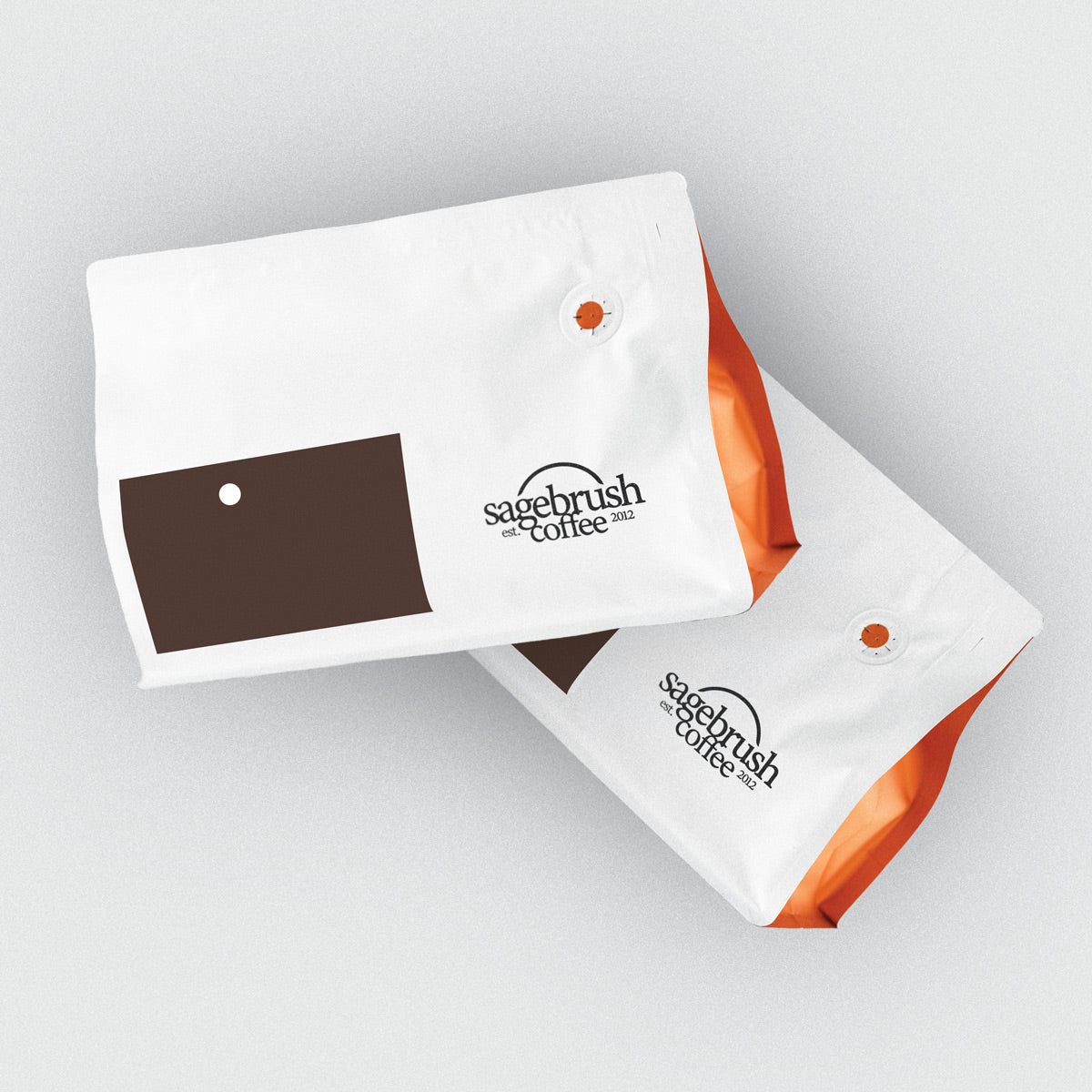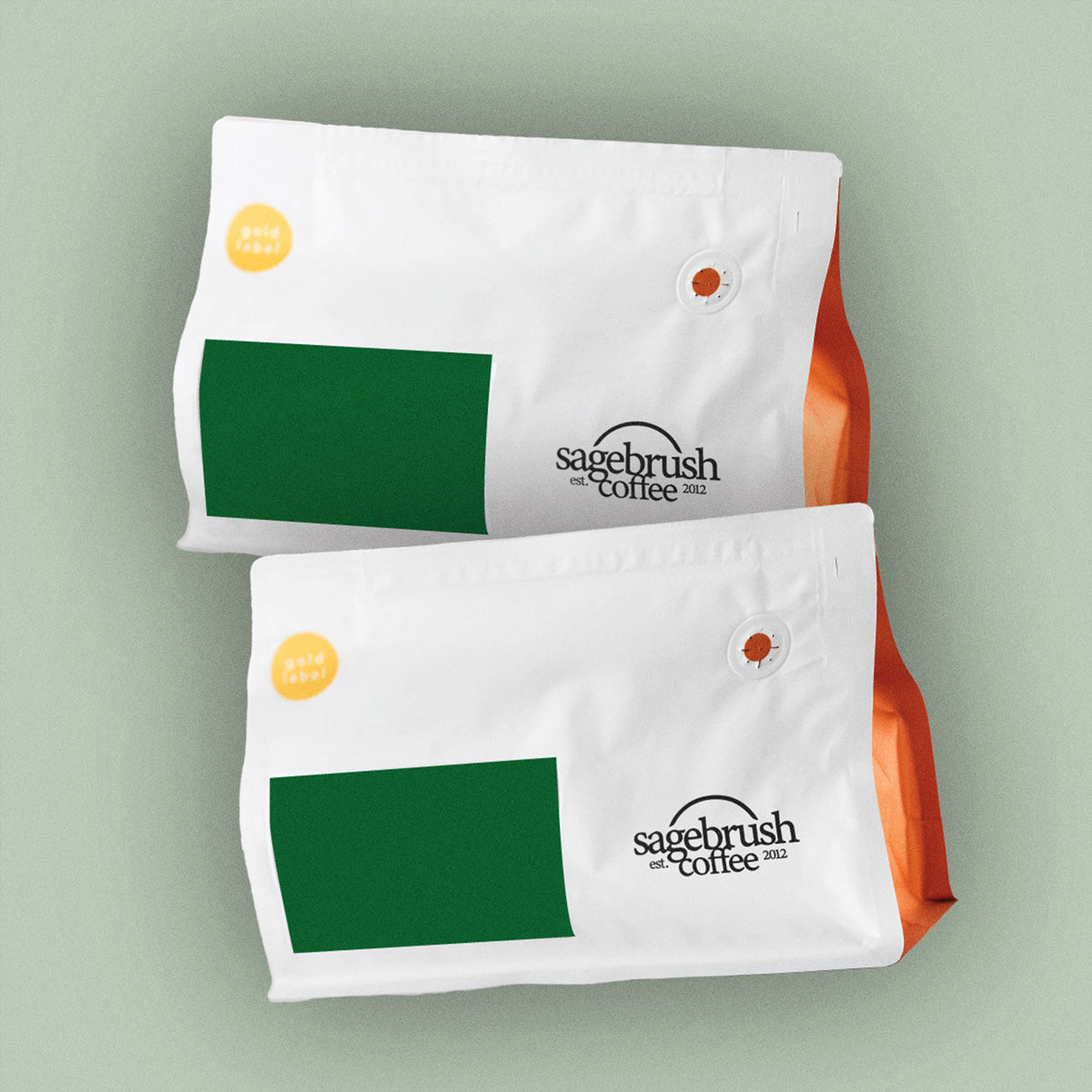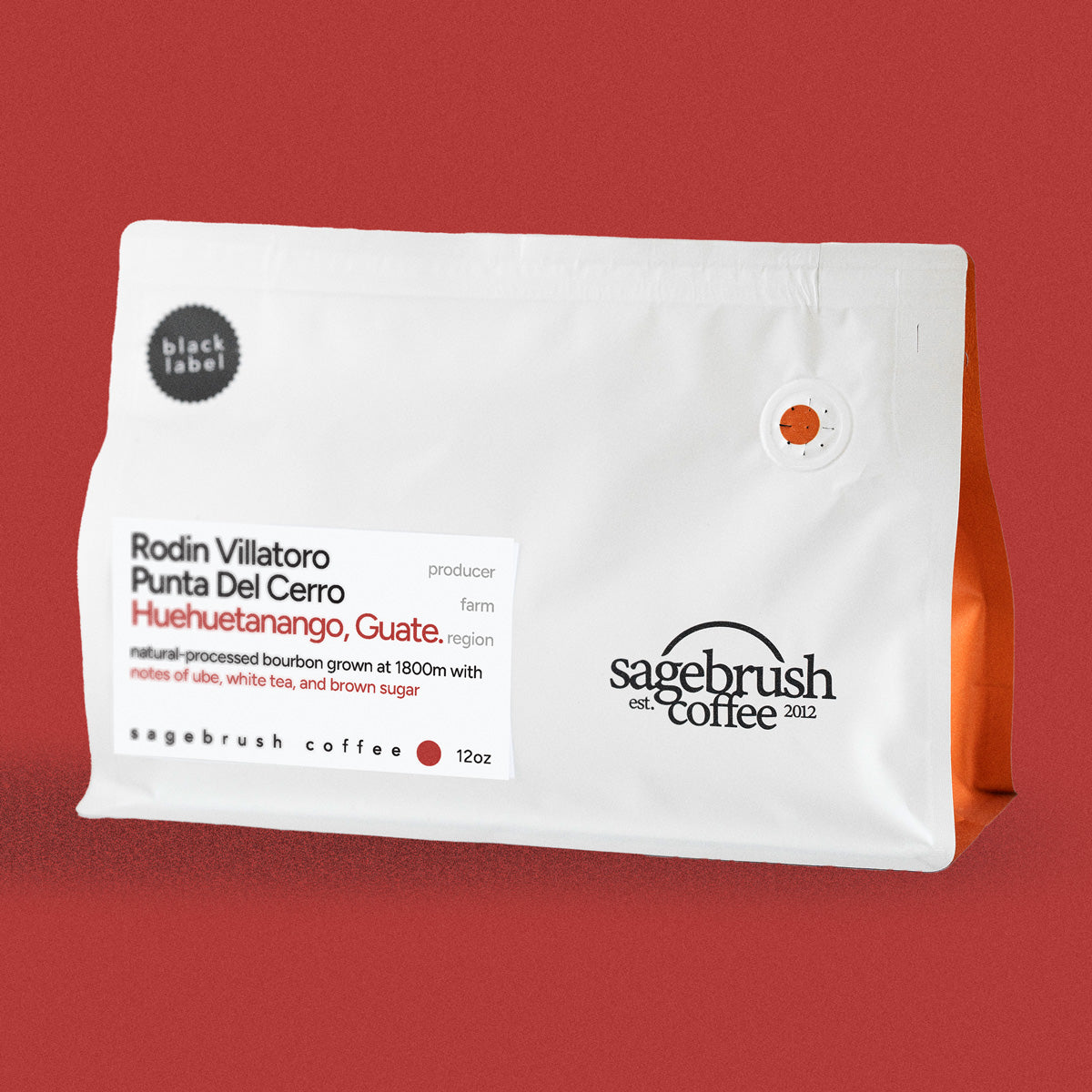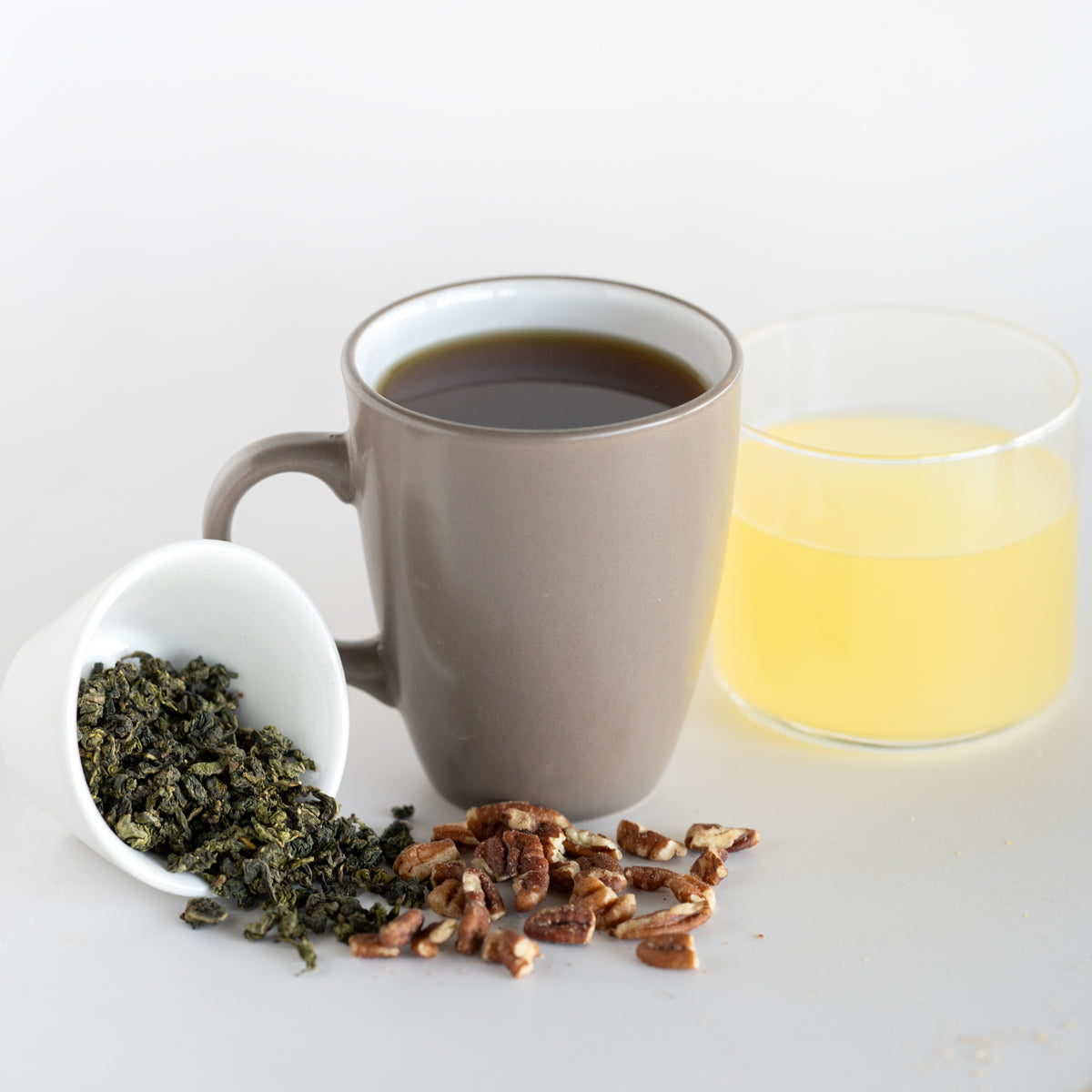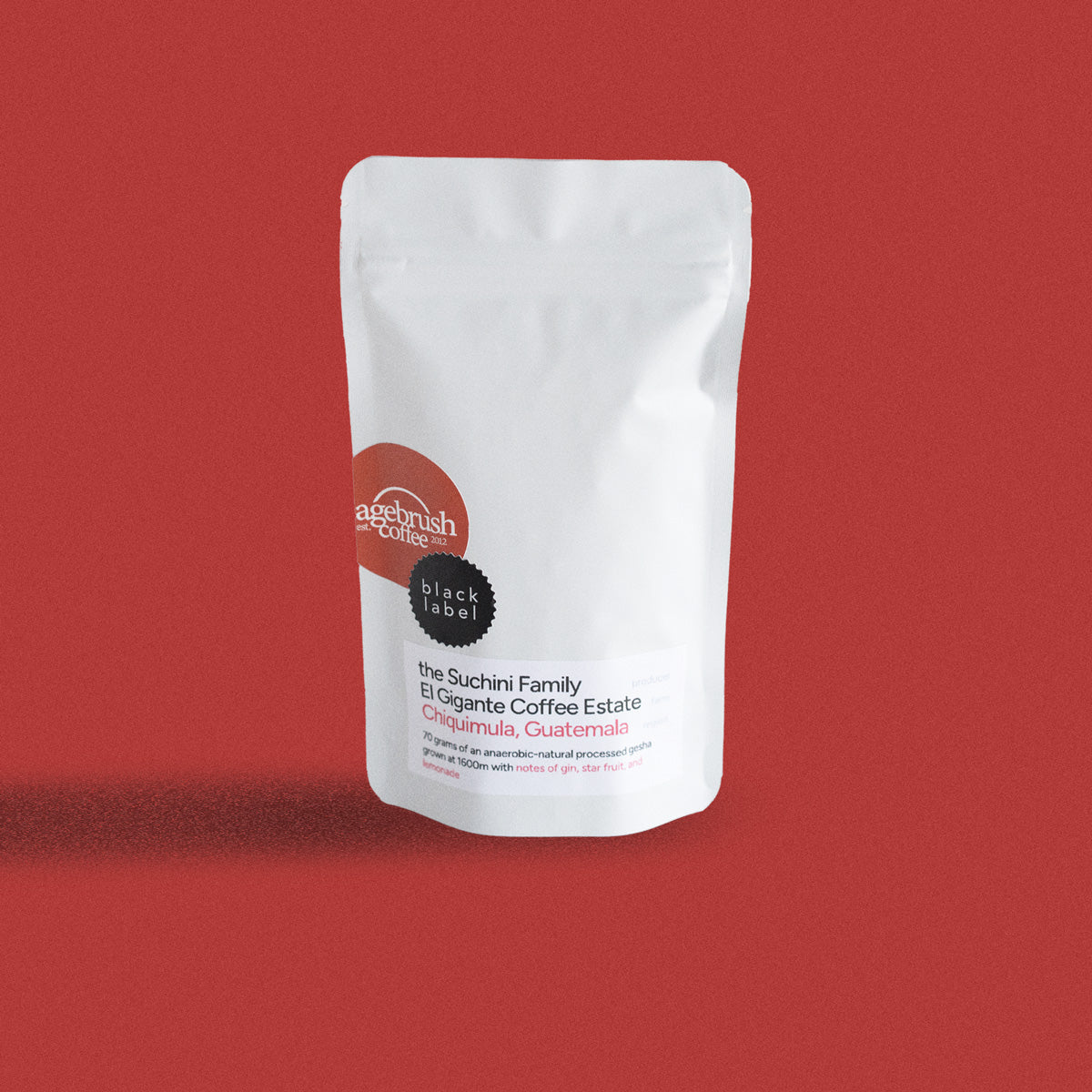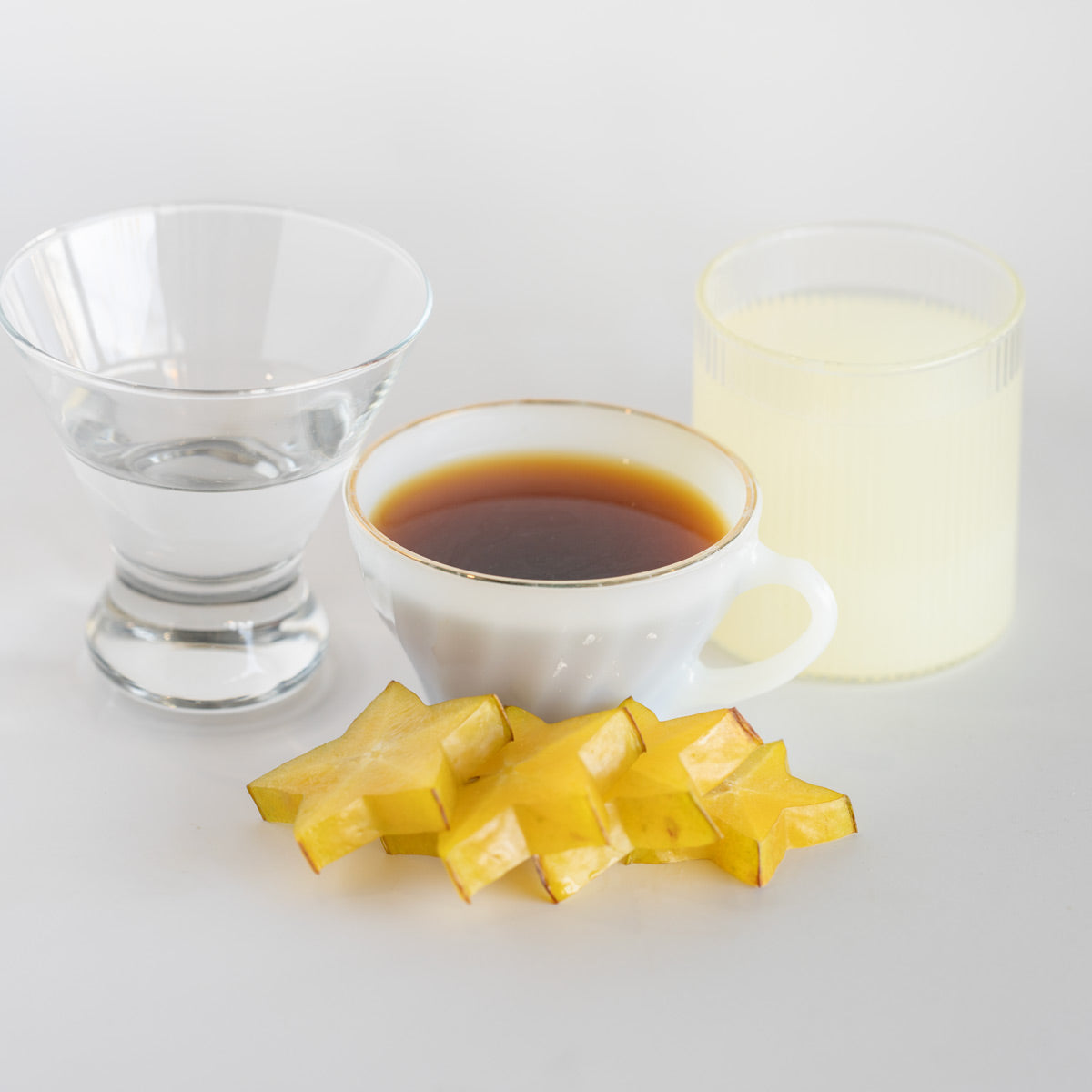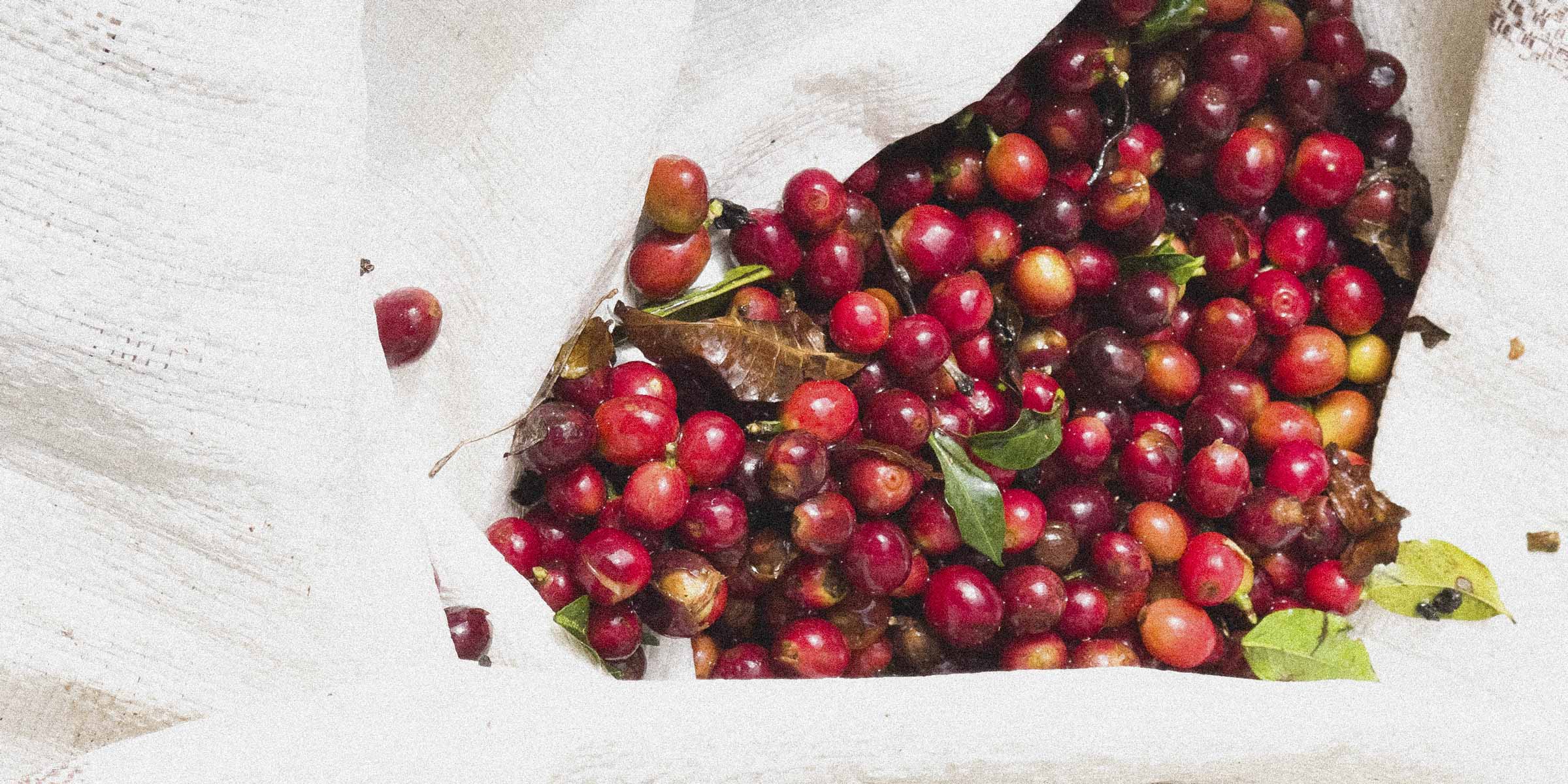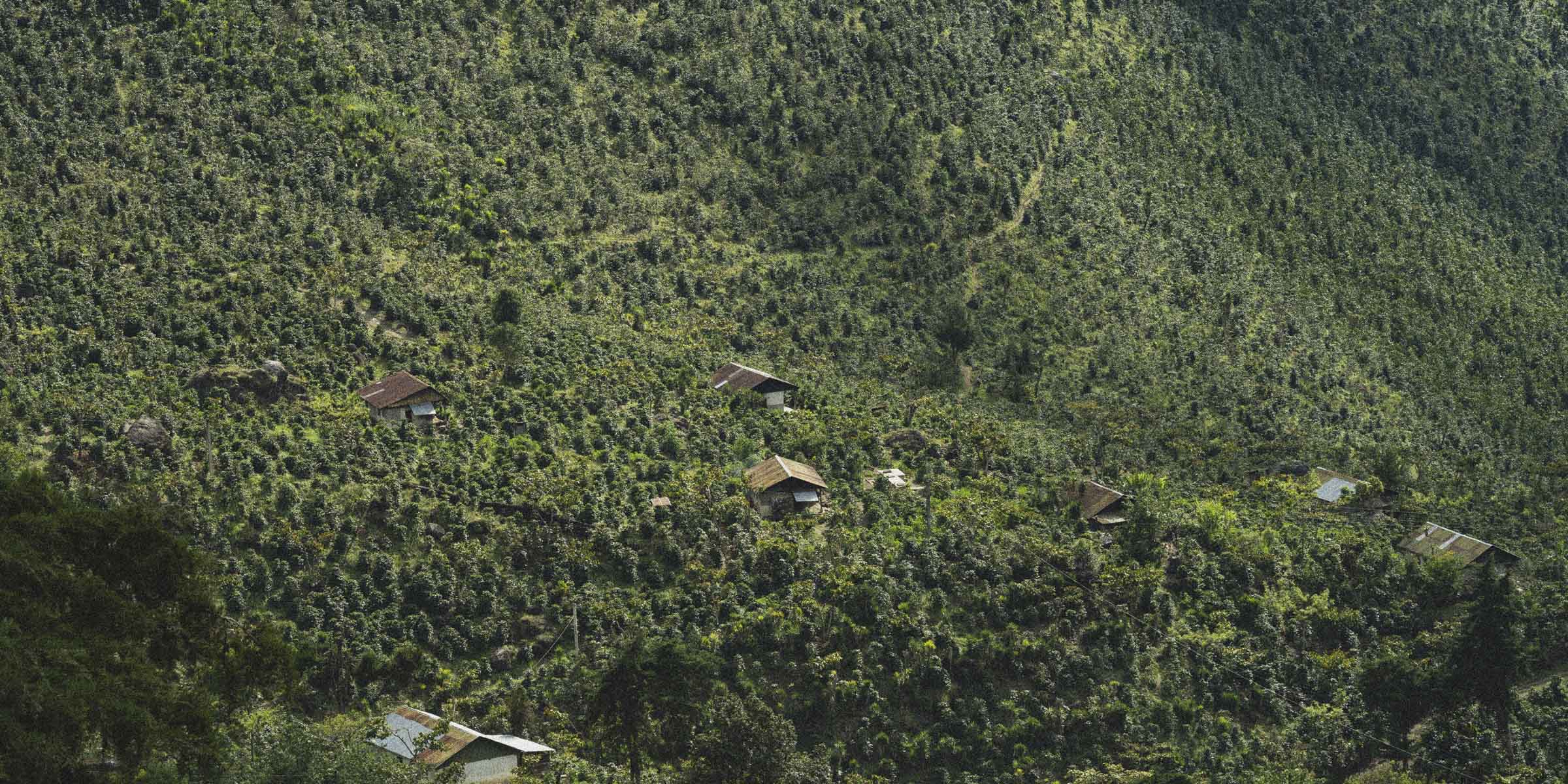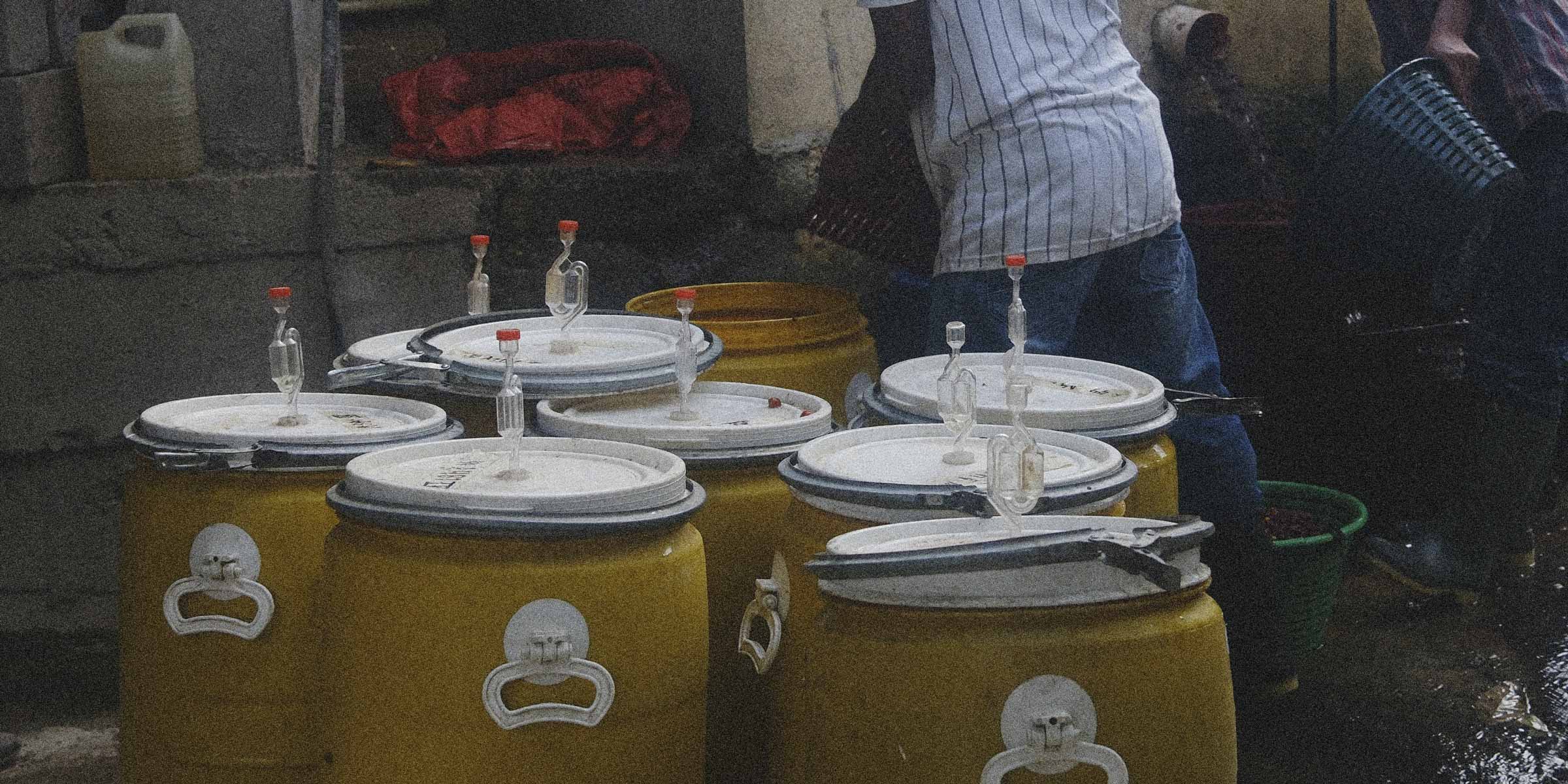
Someone once said that "the best things in life never come easy." These words stand true for many things, including the coffee bean. Like wine, coffee has a variety of nuances when it comes to flavor, aroma, and body, and these characteristics are based on multiple factors, one of them being the way a coffee is processed.
Coffee processing refers to the steps taken to remove the layers of pulp, mucilage, and parchment from the coffee bean. This is the final step in harvesting before the green beans are shipped to roasters. Every type of coffee process involves the removal of the skin, the removal of the fruit, or mucilage, and the drying of the seed. What makes one process different from the other is the point at which the bean is dried. In the natural process, the coffee is dried before anything is removed from its seed, drying it in its natural state. In the washed process, the beans are dried after the skin and the fruit has been removed, drying it in its washed state. The honey process is right in between. When the coffee is set out to dry, the skin of the coffee fruit is removed but the mucilage is not, leaving the exposed fruit out in the sun to develop in a very unique way.
Let's break it down a bit more, because the honey process is easily the most confusing one out there. Perhaps it's because the name is deceiving and the process doesn't actually have anything to do with honey. With this technique, the skin of the bean is removed, leaving a sticky, honey-like coating. As the beans are drying, they oxidize and darken in color. When the beans are first drying, they appear golden yellow. The continued fermentation of the beans causes the mucilage to oxidize and transition to a red color, and finally to black. How much pulp is left on the bean will also determine the darkness, sweetness, and fruitiness of the coffee. For example, black honey processed beans will contain more fruit notes than yellow honey processed coffee. Many coffee producers enjoy using the honey process because it requires less water. Unlike the washed method where the pulp is washed away, the fruit is dried onto the bean and then physically removed.
Honey processed coffees are gaining popularity because, when handled correctly, the resulting flavors are incredibly sweet. Drinking a cup of honey processed coffee is similar to biting into a crisp, sweet apple. The resulting flavor profile is juicy and robust, with a complexity you do not typically discover with washed coffees. Many people enjoy drinking honey processed coffees black because of the natural sweetness it contains. This processing method confirms to the drinker that not all coffees are the same and that the final cup is ultimately determined by the decisions from the initial plucking of the beans.
The complexities of honey processed coffees mean that there are infinite delicious outcomes. Roasters and coffee producers working with specialty-grade coffee are now using processing methods to accentuate flavor notes, highlight acidity levels, and differentiate coffee types. The honey process, along with the other processing techniques, is an integral part of constructing the flavor and characteristics of coffee and can be used as a creative tool to influence the coffee buying and drinking experience.




